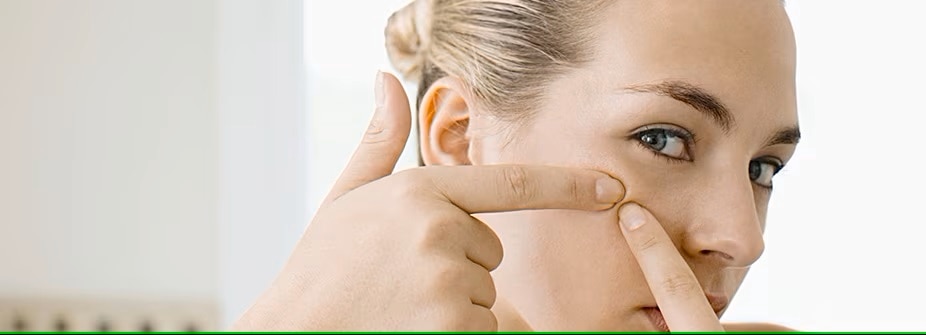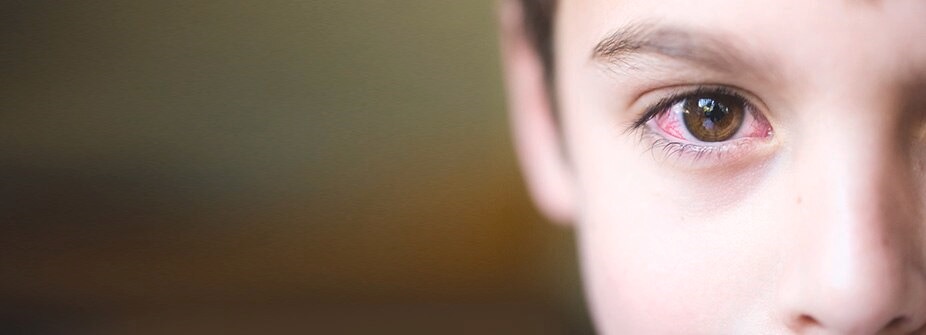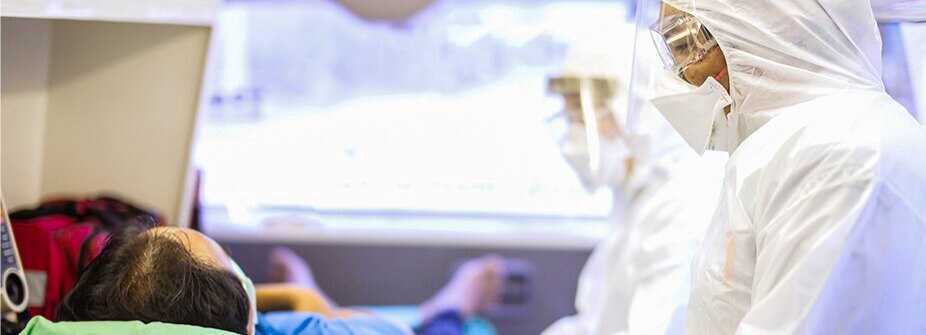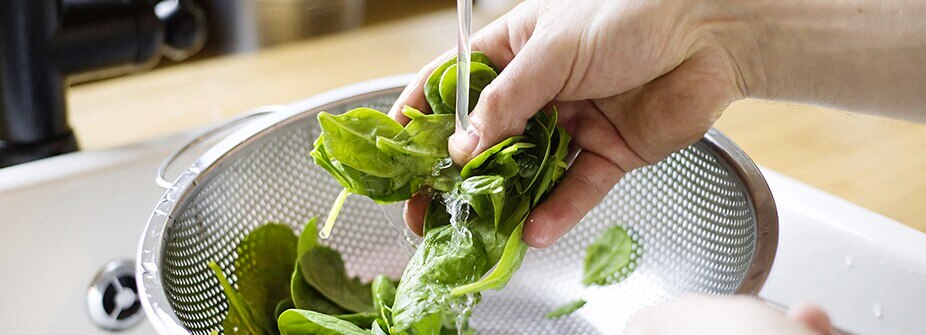What is Acne?
Acne is a type of skin infection which manifests as spots, often on the face, shoulders, back and chest. Acne is more common than people think – 85% of 12-24 year olds suffer from this skin condition. We all produce oil just under our skin, but an imbalance in hormones can cause oil production to go into overdrive, resulting in acne. Bacterial infections usually result in inflammatory acne. Often, acne will clear up by itself or if treated with over the counter remedies; however, in very severe cases medical treatment should be sought in order to avoid long term scarrings.




